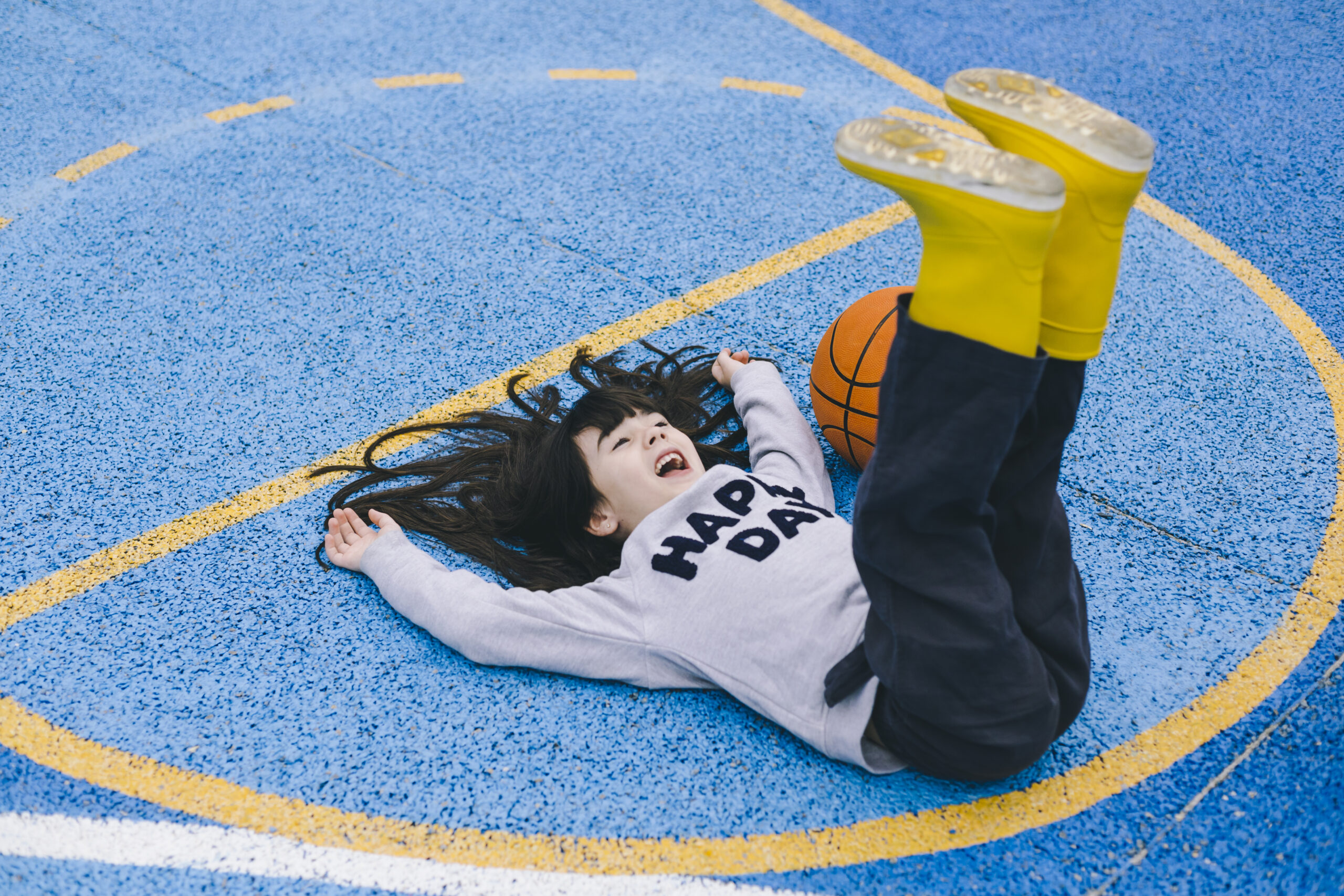Sports Education: A Catalyst for Child Development and Life Skills Mastery

As societies are evolving, the focus of education is progressively shifting from purely academic pursuits to a more holistic approach.
The integral role of sports in this educational transformation cannot be overstated. This blog post delves into the importance of sports education, its impact on child development, and its ability to equip children with invaluable life skills.
What is the essence of sports education?
Sports education constitutes a teaching and learning process where sports are used as a tool to impart educational values, knowledge, and skills. It goes beyond physical activity, touching on aspects such as teamwork, leadership, fair play, and discipline.
It is a multi-faceted field, offering various benefits that touch on physical, cognitive, and socio-emotional aspects of a child’s life. Also, it serves as a fundamental tool for teaching essential life skills.
Let’s dissect the various aspects of sports education, presenting a clearer picture of its profound impact:
- Physical fitness. Regular sports participation fosters physical health, aiding in muscular development and cardiovascular endurance.
- Cognitive development. Sports education can enhance cognitive functions such as concentration, decision-making, and problem-solving.
- Socio-emotional skills. It nurtures emotional intelligence, social skills, and values like cooperation, respect, and empathy.
- Life skills. Sports education is a practical avenue to learn essential life skills such as leadership, time management, and goal-setting.
As you can see, sports education fosters a comprehensive growth environment for children. Indeed, the multidimensional nature of sports education makes it a vital element in modern education.
Sports education and child development
Sports education plays a pivotal role in the holistic development of a child. By engaging in sports, children can experience physical, mental, and social benefits that are crucial in their developmental years:
- Physical development. Sports facilitate physical growth and motor skills development, encouraging healthier lifestyles and reducing the risk of obesity.
- Cognitive development. Participating in sports sharpens cognitive abilities. It promotes better academic performance, enhances concentration, and boosts problem-solving abilities.
- Social and emotional development. Sports education nurtures emotional maturity and social skills. It teaches children how to handle winning and losing gracefully, cultivate respect for others, and work collaboratively.
Sports education is not merely an addition to a child’s routine but rather a substantial contributor to their comprehensive development. It truly shapes a child’s developmental journey, building a sturdy foundation for their future.
Life skills through sports education
Sports education is a powerful vehicle for teaching essential life skills. These skills extend beyond the sports field, proving useful in various aspects of life, including personal relationships, academics, and future employment.
One of the standout values of sports education is its capacity to teach invaluable life skills. Sports not only cultivate athleticism but also guide children to navigate life’s challenges successfully.
Let’s delve into how sports education serves as a life skills classroom:
- Leadership and teamwork. Participating in sports allows children to learn about cooperation, teamwork, and leadership. They discover the value of working together towards common goals.
- Discipline and perseverance. Sports education instills discipline and perseverance. It teaches children the importance of regular practice, persistence, and maintaining a positive attitude, even in the face of challenges.
- Time management. Balancing sports, academics, and personal life helps children hone their time management skills, an indispensable skill in adulthood.
- Communication skills. Team sports provide a platform for improving verbal and non-verbal communication. Children learn to articulate their thoughts clearly and understand body language.
These are some of the many skills children can garner from their sports experiences. Learned on the sports field, they reverberate throughout their lives, aiding in their personal and professional endeavors.
Conclusion
It is clear that sports education transcends the boundaries of physical fitness, impacting various dimensions of a child’s life. It also serves as a practical tool for instilling vital life skills that can greatly benefit individuals in their personal and professional lives. Therefore, parents, educators, and policy-makers must prioritize and promote sports education as a critical component of child development.
Sports education is more than just an extracurricular activity. It offers valuable benefits and is a vital part of modern education. Sports education also prepares children for the various challenges and achievements they will experience in their lives. If you have any questions, do not hesitate to contact us. Our team is available to answer any queries you may have and provide further information about how sports education can be incorporated into your child’s development.